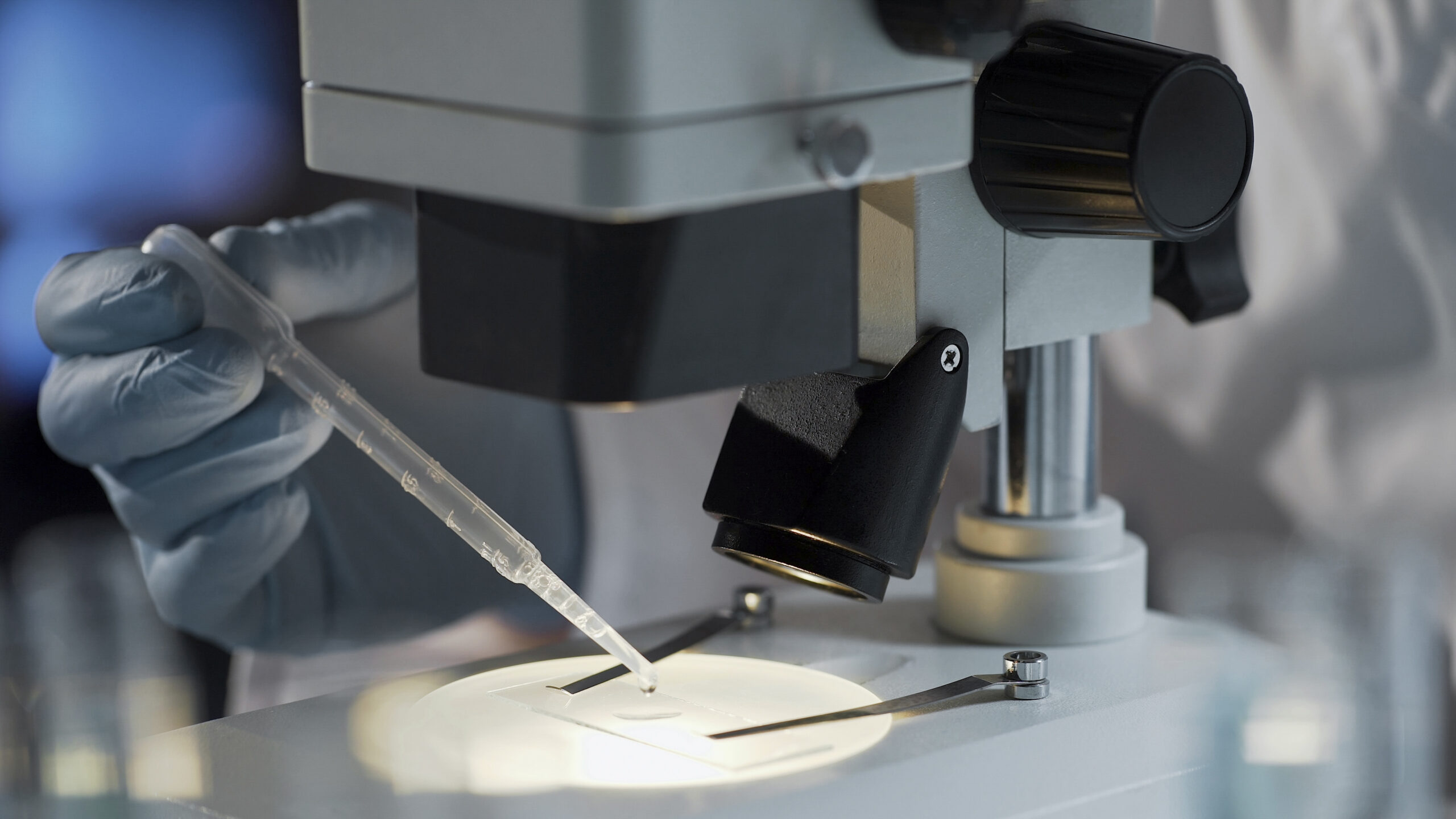
When it comes to the personal matter of paternity testing, discretion and confidentiality are paramount, especially for wealthy families who value their privacy. Advances in technology and medical practices have led to various reliable and discreet solutions. These methods offer peace of mind without compromising privacy, catering to the unique needs of affluent families who often face heightened public scrutiny and media attention in high-net-worth divorces or other legal affairs.
- Why Opt For Discreet Paternity Testing?
- Legal Paternity Testing
- Other Forms of Paternity Testing
- The Importance of Media Management in Paternity Cases
- Discreet Paternity Testing with Silva and Associates
Why Opt For Discreet Paternity Testing?
Discreet paternity testing allows families to confirm biological relationships while keeping the matter entirely private. This confidentiality is essential for the parents and protecting the child’s identity and future. Therefore, choosing the right paternity testing service is crucial to ensure accuracy and discretion. When selecting a service, consider these key factors:
Confidentiality
Ensure the paternity testing company has strict privacy policies in place. Your data should never be shared with third parties without your consent. The best services guarantee confidentiality, ensuring that your information and test results are guarded with the utmost care from any prying eyes.
Accuracy
The testing company must use state-of-the-art technology to ensure the highest level of accuracy. This technology should be capable of delivering results with near 100% certainty, as the implications of a paternity test can have significant legal and personal consequences, particularly with issues surrounding child custody and divorce.
Professionalism
The testing process should be handled professionally and respectfully. Staff should be trained to understand the sensitive nature of paternity testing and provide support throughout the process.
Legal Paternity Testing

Legal paternity testing is a genetic test to ascertain if a man is the biological father of a child. This process is particularly relevant in cases involving unmarried parents. Suppose a woman is unmarried at the time of the birth of her child; in that case, a man must be formally named as the father to establish legal paternity, typically through signing an Acknowledgment of Paternity (AOP) form. In many cases, paternity is established at the hospital. Still, it can also be done later, often leading to state-requested legal DNA tests for reasons such as child support, custody, immigration, adoption, tax forms, and inheritance rights.
A legal paternity test must follow a strict chain-of-custody process with witnessed DNA collection to ensure legitimacy. This process is necessary for the test results to be admissible in court. Home paternity tests, in contrast, are not admissible as the court cannot verify their DNA source.
The establishment of legal paternity can significantly impact child custody, child support, visitation rights, and inheritance. Paternity testing helps clarify legal rights and responsibilities and is vital for maintaining healthy parent-child relationships. Once paternity is established, it influences decisions regarding child custody and visitation rights, ensuring the child’s best interests are protected. It also becomes a crucial factor in determining child support obligations.
Other Forms of Paternity Testing
Home Paternity Testing Kits
Home paternity tests are designed for personal use and provide a convenient way to determine biological paternity. These tests involve collecting DNA samples at home, usually through cheek swabs, and sending them to a lab for analysis. While they provide the same type of information as legal tests, their informal process – the chain of custody is not secure – makes them unsuitable for legal purposes. The cost of home paternity tests ranges from $60 to $200, and they offer a convenient and private way to determine paternity outside of a legal context.
Non-Invasive Prenatal Paternity Testing
Non-invasive prenatal Paternity Testing can determine paternity during the mother’s pregnancy without risking harm to the fetus. This test compares fetal DNA in the pregnant woman’s blood to the potential father’s DNA through a process that is safe for both mother and baby. This method can be performed as early as seven weeks into the pregnancy. However, for legal validity, such tests may need to be conducted under specific conditions similar to those for legal paternity testing.
Paternity law varies by state, with each having its procedures and requirements for establishing paternity. This might involve court-ordered DNA tests, especially when paternity is in question or denied. These laws also consider the marital status of the mother and can have implications for child support and custody.
The Importance of Media Management in Paternity Cases

In the digital age, news spreads quickly, and rumors can take on a life of their own. Effective media management is often essential for protecting the privacy and reputation of wealthy individuals facing paternity suits. Media management strategies may include:
- Limiting public statements and press releases to control the narrative.
- Engaging with legal experts who specialize in handling high-profile cases.
- Managing social media presence to avoid speculation and misinformation.
- Pursuing legal action against false or defamatory reporting.
Having a well-thought-out media management plan can make a significant difference in how the public perceives a paternity suit and can help protect the emotional well-being of those involved.
Discreet Paternity Testing with Silva and Associates
At Silva & Associates, we understand that paternity testing is a deeply personal matter, and the need for discretion cannot be overstated, particularly for wealthy families. Whether you opt for a home testing kit or a legal paternity test, choosing a reliable service that guarantees accuracy and respects your privacy is the most critical factor. Always seek professional advice when dealing with emotional or legal complexities surrounding paternity issues.
For expert guidance regarding discreet paternity testing, reach out to us at (510) 865-7350 or contact us for an appointment. Our dedicated team is here to provide you with the support and confidentiality you need during this sensitive time.
paternity testing FAQs
What is a paternity case?
A paternity case, also known as a parentage action, is a legal proceeding to establish the biological father of a child. This can be important for issues like custody, child support, inheritance, and access to family medical history.
How does paternity testing work?
Paternity testing typically involves collecting DNA samples from both the alleged father and the child. These samples are then analyzed for matches at specific DNA markers. The likelihood of paternity is usually given as a percentage; a result of 99% or higher is generally considered conclusive proof of paternity.
Why is establishing paternity important in high-net-worth families?
Establishing paternity can have significant financial implications in high-net-worth families, particularly when it comes to inheritance and child support payments. It can also be important for ensuring the child’s right to access certain family resources, such as educational funds or trusts.